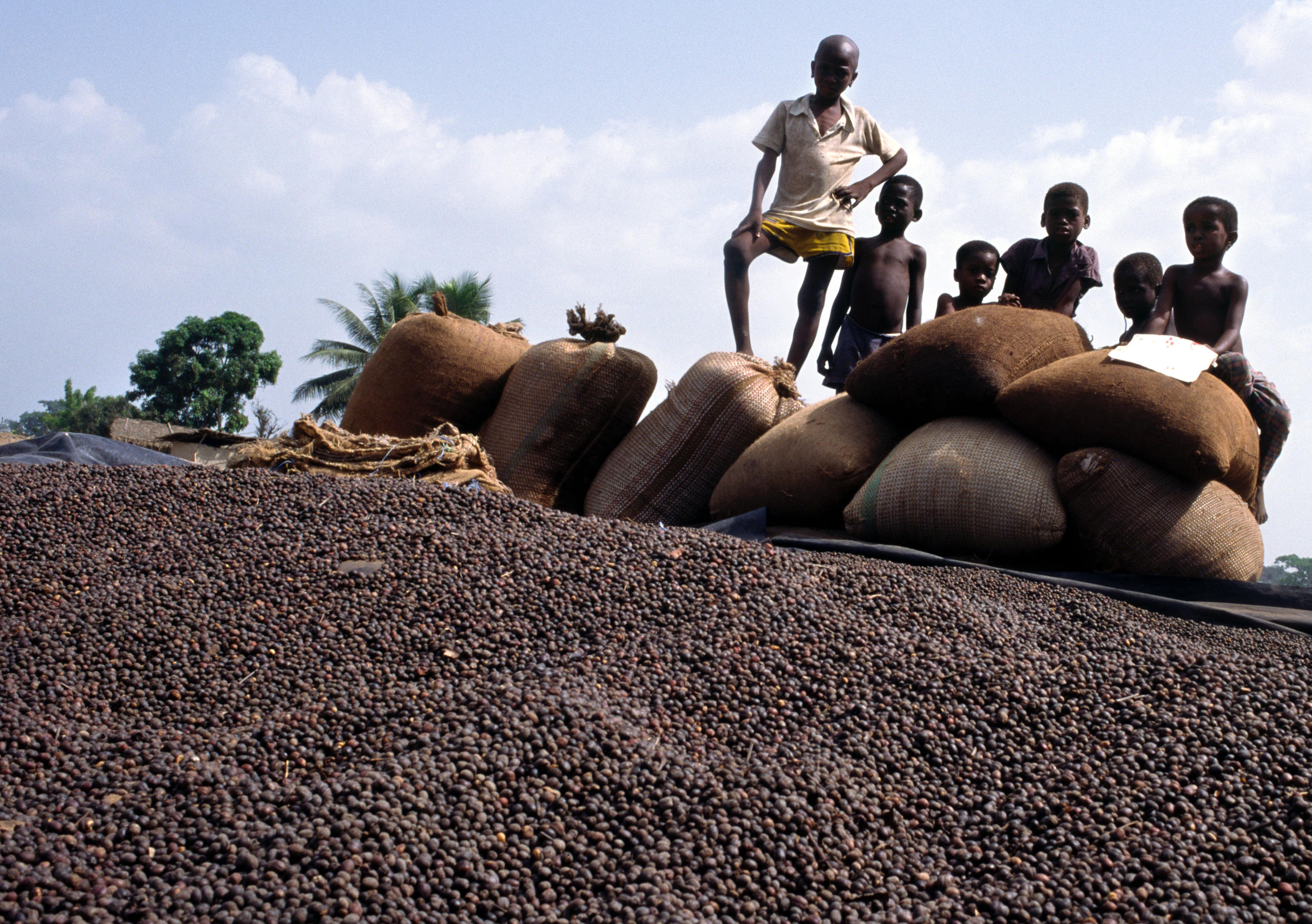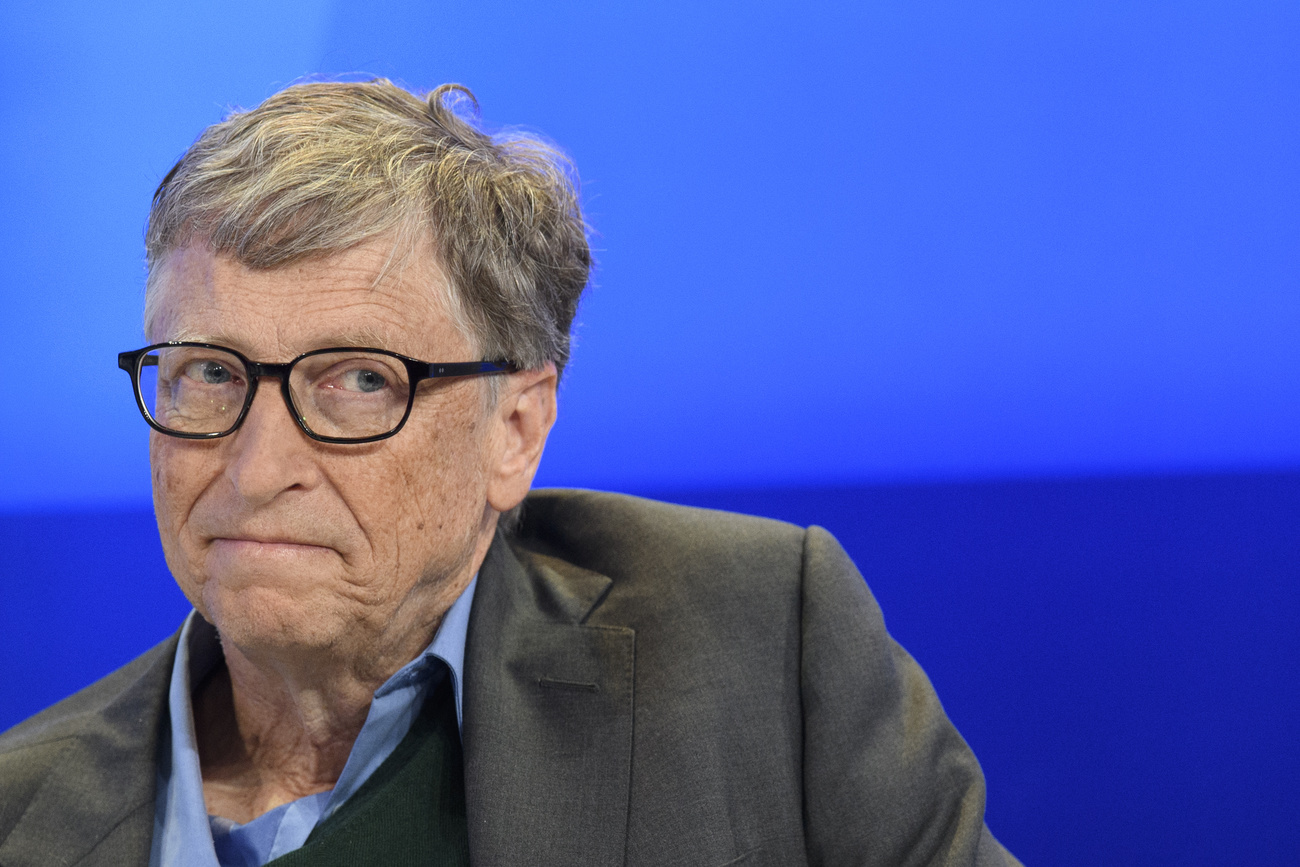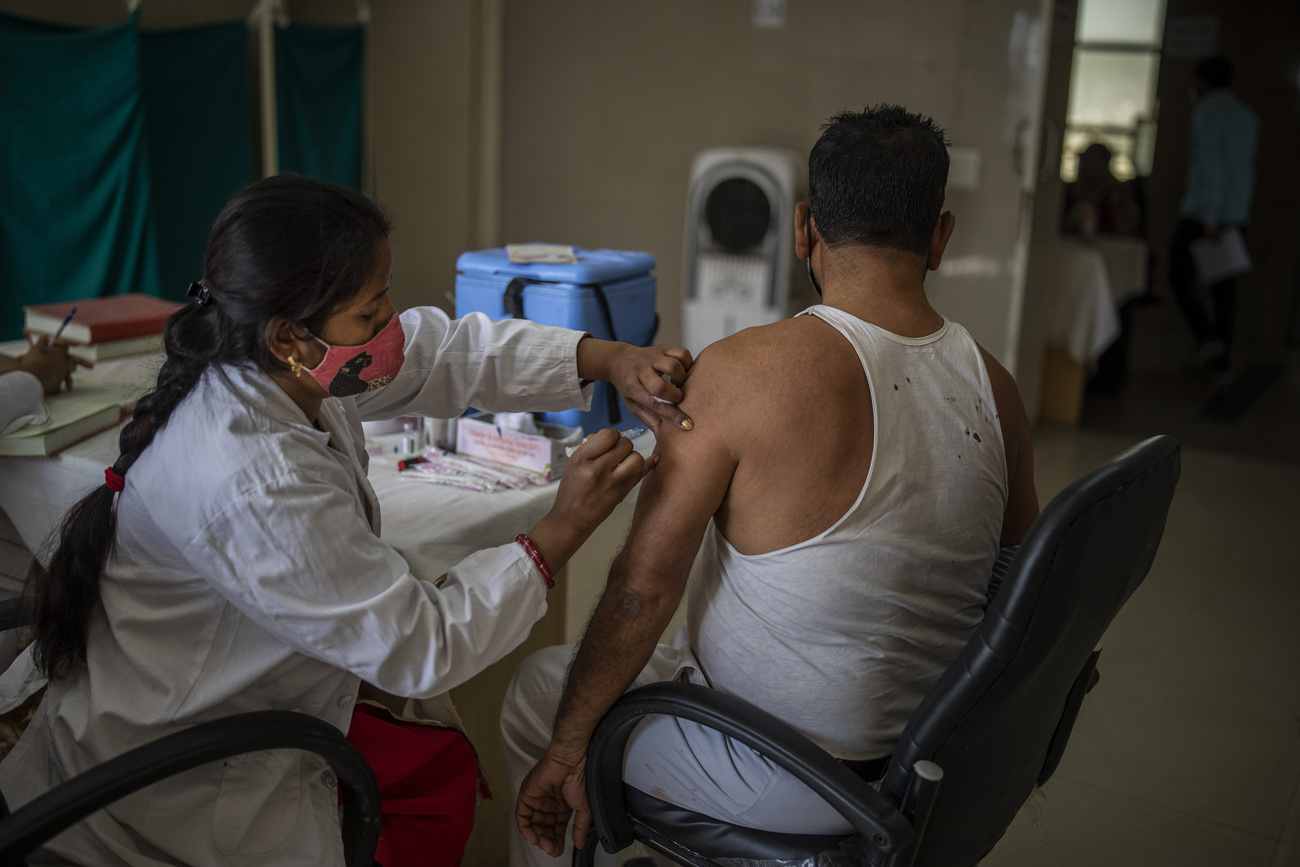Has Big Pharma’s pandemic goodwill run its course?
There’s something wrong when you see side-by-side stories of people revelling in a post-vaccine euphoria in one country, while thousands of people die from Covid-19 in another.
Public health advocates predicted this would happen last May when they tried to rally countries around the idea of pooling intellectual property, know-how, and technology on Covid-19 drugs and vaccines. Big companies baulked at the idea, and governments fell into line, opting to keep existing rules on intellectual property in place in a bid to keep money flowing into R&D.
Since then, companies have garnered a lot of goodwill, by turning the attention to how they have developed vaccines in record time, signed hundreds of collaborations, and donated doses. But, a year later, the intellectual property questions are still there. They reared their head again last week when the US announced it would support an easing of patent protections on vaccines.
So, what’s the big deal about patents? There’s general agreement that simply giving away the recipes to vaccines won’t solve shortages, at least not very quickly. Swiss firm Lonza’s struggles to recruit workers to produce the Moderna vaccine is a case in point. Pfizer CEO Albert Bourla even argued that a patent reprieve could worsen production problems if everyone scrambles to swoopExternal link up all the raw materials.

More
Swiss not swayed by US vaccine waiver announcement
Patents are more than just a practical roadblock though – they are the industry’s bargaining chip as a Swiss innovation expert Gaétan de Rassenfosse explained. They encourage the industry to invest in innovation, but they also keep the power imbalance in their favour. Some researchExternal link even shows that patents and monopolies are to blame for some raw material shortages.
One thing that’s clear in all of this – secrecy doesn’t help end pandemics. More than a year after the virus’ genome sequence was shared, there still isn’t a clear picture of how much money governments invested in research into vaccine technology, how much they paid for doses, and how many factories have the capacity to produce vaccines.
As cases reach a record high in India, any sign that companies are keeping information to themselves for their own self-interest isn’t going to win them any favours.
What else caught my eye?
Corporate efforts to root out child labour might be making it worse. My colleague Anand Chandrasekhar looked into whether international norms on child labour, set by well-meaning politicians, actually do more harm than good. In the context of a poor, family-run farm in West Africa, banning certain kinds of work leaves children worse off argued one expert. So, is child labour really that bad?
SWI swissinfo.ch readers had mixed views on the question – one said an unequivocal yes, while others said that children should at least receive adult wages and get a good education.

More
Is child labour really that bad?
Responsible business is rearing its head again. Voters rejected the Responsible Business Initiative last November in favour of a milder counter-proposal. But does it go far enough? Germany and the EU are moving ahead with their own proposals to crack down on corporate abuse, which could leave Switzerland a step behind its neighbours.
The Neue Zürcher Zeitung points out that the European proposals are more in line with the original initiative when it comes to due diligence. The Swiss government promised voters that it would align with EU rules so it could come under pressureExternal link to add in some tougher language before July when consultations on the counter-proposal come to an end.
More
LafargeHolcim under pressure by trade unions over sub-contracting. Several trade unions issued a joint statement in early May calling on the Swiss cement company to stop the “extreme use of contract labour”, which they argue leads to lower wages and less protections for workers. The statement came a few days before the OECD responded to a complaint filed with the Swiss National Contact Point in 2019 regarding LafargeHolcim’s use of subcontractingExternal link, and other labour issues at its plant in Davao, the Philippines. No joint outcome was reached, but the OECD gave the company plenty to mull over.
Feedback or story tips? Send me a message: jessica.davis@swissinfo.ch
Thanks for reading.

In compliance with the JTI standards
More: SWI swissinfo.ch certified by the Journalism Trust Initiative





You can find an overview of ongoing debates with our journalists here. Please join us!
If you want to start a conversation about a topic raised in this article or want to report factual errors, email us at english@swissinfo.ch.